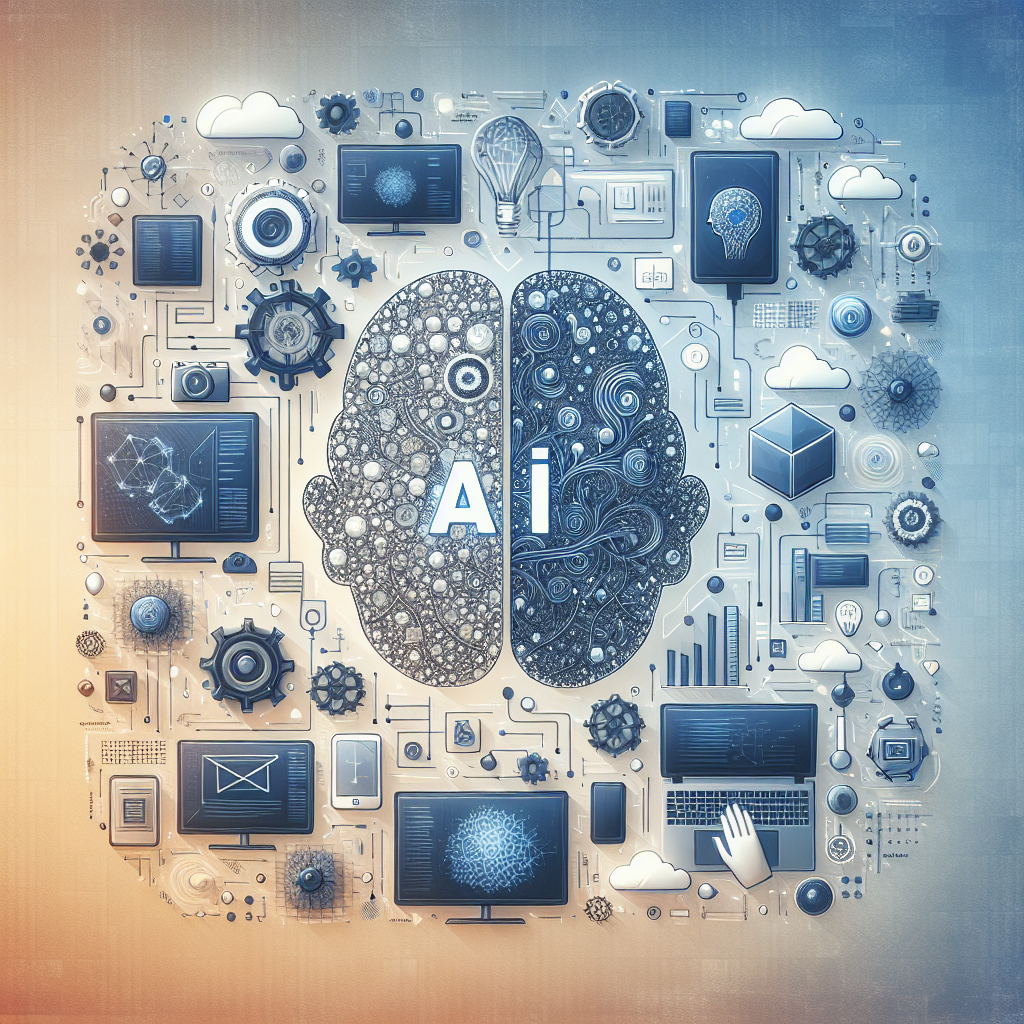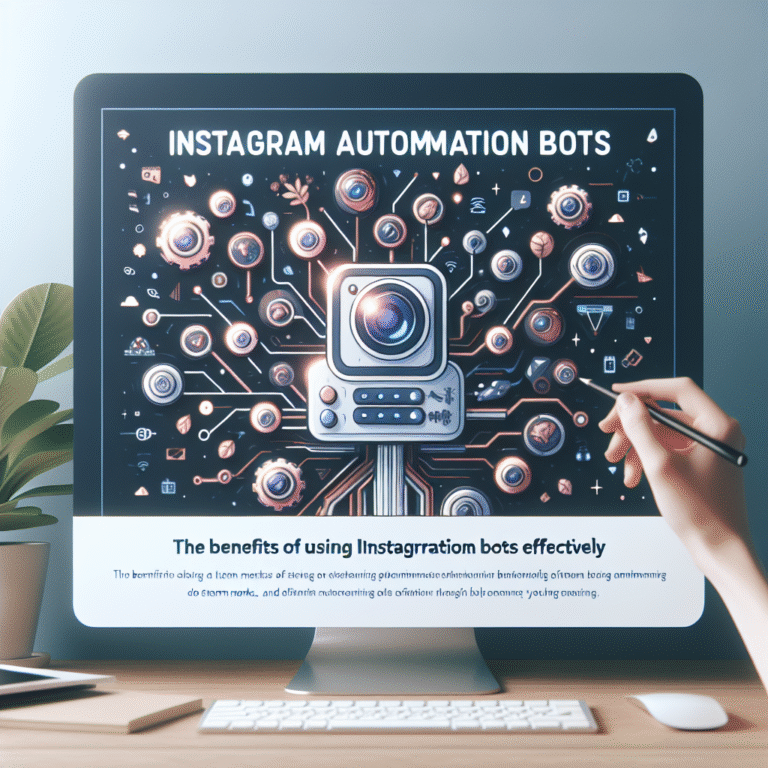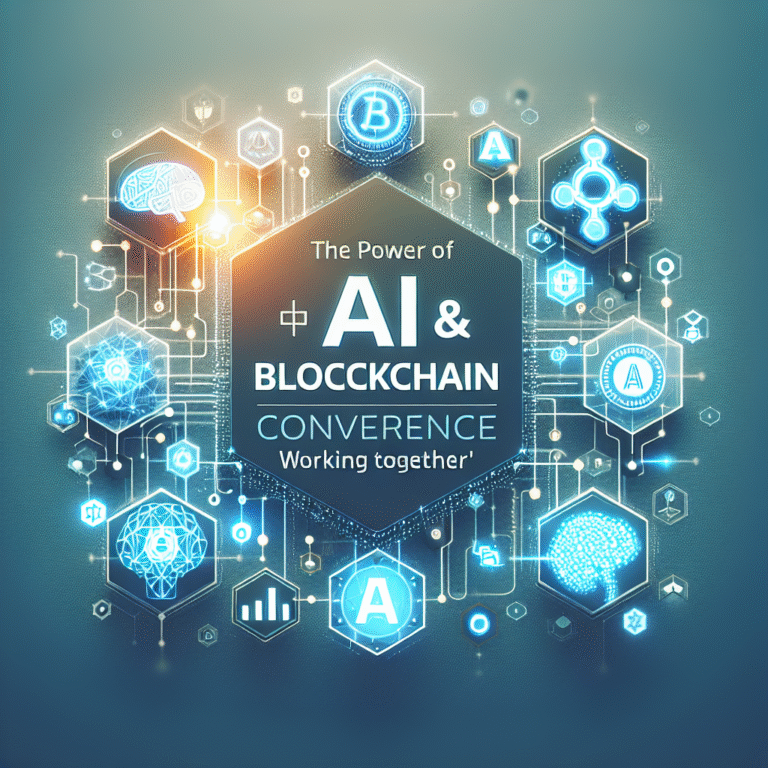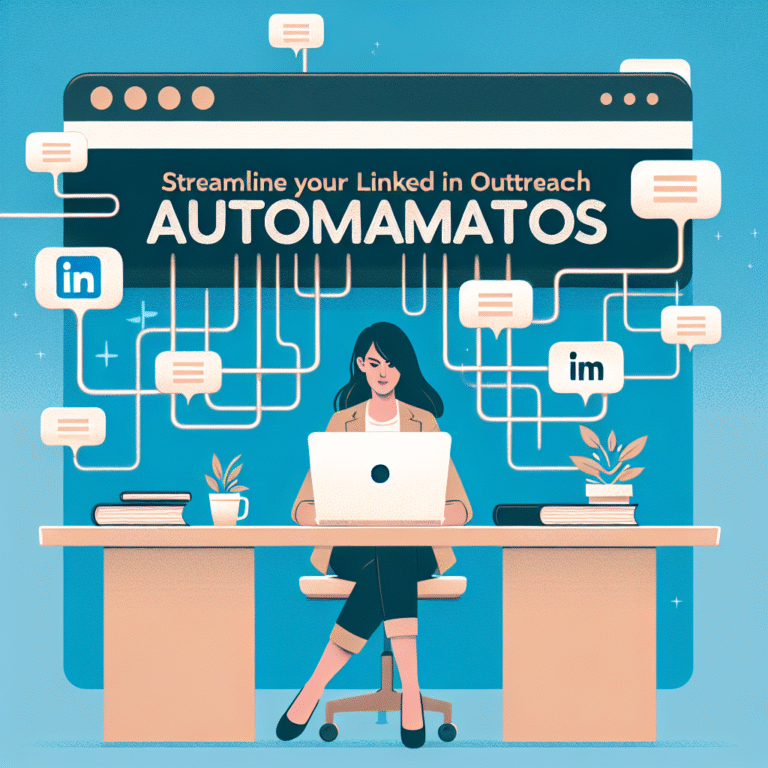“`html
AI vs Traditional Software: The Future of Development
Introduction
In the rapidly evolving world of technology, the debate between AI and traditional software development is gaining traction. This article explores both paradigms, their characteristics, benefits, and the future landscape of software development.
Understanding Traditional Software Development
Traditional software development involves methodologies that have been established over decades. These methods focus on systematic processes and structured programming. Often, these approaches can be rigid and may struggle to keep up with the fast pace of technological advancements.
Key Characteristics of Traditional Methods
- Waterfall Model: A linear approach where each phase must be completed before the next begins.
- Extensive Documentation: Emphasis on thorough documentation throughout the development lifecycle.
- Manual Coding Practices: Reliance on human programmers to write and optimize code.
Pros and Cons of Traditional Software Development
- Pros:
- Predictable outcomes with established methodologies.
- High control over the development process.
- Cons:
- Time-consuming due to linear processes.
- Limited flexibility to adapt to changes during development.
The Rise of Artificial Intelligence in Development
With advancements in technology, AI has begun to transform the landscape of software development, introducing innovative solutions to enhance productivity and efficiency. In particular, AI’s role in predictive maintenance exemplifies its application across industries.
Overview of AI Technologies in Software
- Machine Learning: Algorithms that learn from data and improve over time.
- Natural Language Processing: Allows machines to understand and respond to human language.
- Automated Testing: AI can execute tests and identify bugs more efficiently, thus streamlining the quality assurance process.
Benefits of AI Integration in Development
- Increased efficiency through automation.
- Better decision-making with predictive analytics.
- Enhanced collaboration between teams with AI-driven tools.
Comparing AI and Traditional Software Development
Key Differences in Approaches
| Aspect | Traditional Software Development | AI Software Development |
|---|---|---|
| Development Methodology | Structured and linear | Agile and iterative |
| Code Generation | Manual coding | Automated code generation |
| Adaptability | Low | High |
Performance and Efficiency Comparison
AI-driven solutions often outperform traditional methods by processing vast amounts of data quickly and making adjustments on the fly, leading to significant improvements in efficiency. For example, tools that leverage machine learning frameworks provide developers with the ability to adapt to changing requirements swiftly.
Case Studies: AI vs Traditional Software
Success Stories of AI in Software Development
Numerous organizations have successfully incorporated AI, achieving shorter development cycles and fewer errors compared to traditional methods. For instance, companies utilizing AI APIs have reported significant improvements in their software delivery timelines.
Limitations Encountered in Traditional Methods
Despite their reliability, traditional methods often struggle with rapid changes and increasing complexities of modern software requirements. These limitations can hinder organizations from responding effectively to market demands.
The Future Landscape of Software Development
Predictions for AI and Traditional Software
The future of software development likely lies in a hybrid approach, combining the strengths of both AI and traditional methods to create more robust solutions. Innovations such as LangChain highlight new possibilities for integrating AI in various applications.
How Businesses Can Adapt to Changes
Businesses must invest in AI development tools and training for software engineers to facilitate a smooth transition into this new landscape. Continuous education on evolving technologies can empower teams to harness the full potential of AI.
Frequently Asked Questions (FAQ)
- What is the difference between AI and traditional software?
AI uses algorithms to learn and improve, while traditional software relies on defined programming methods. - How is AI changing the software development process?
AI automates routine tasks, improves efficiency, and enhances accuracy in coding and testing. - Can traditional software development coexist with AI?
Yes, both can complement each other, leveraging the strengths of each methodology. - What are the impacts of AI on software development?
AI improves productivity, reduces errors, and accelerates the development timeline.
“`




